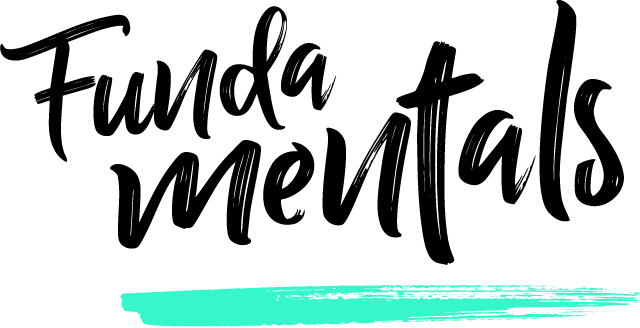Charlotte Walker's Story
We had the honour to ask Charlotte Walker, an award-winning writer and a guest blogger on BBC, to share her Mental Health journey.
She has been battling with mental distress on and off for over 25 years and has been a mental health service user since 1994. Her blog "Purple Persuasion" has been visited more than 1.2 million times since she first started it after being diagnosed with bipolar disorder in 2011. Charlotte Walker is the proud recipient of a TWIM Award 2012 (mood disorder category) and the Mark Hanson Digital Award as part of the Virgin Money Giving Mind Media Awards. In January 2014 she was voted joint winner of the recovery category #Twentalhealthawards “for the best mental health Twitter accounts” and runner-up in the campaigning and patient experience categories.
"I have bipolar. It usually shows up in someone’s teens or early twenties, but for me, it started when I was 12. Like other people living with the condition I experience bouts of very low mood (depression), then highs (hypomania), then low mood again. Sometimes hypomania can be fun - I feel incredibly happy and full of ideas, and the world seems a better, brighter place - but when it gets out of control it can be very destructive. I become irritable, overwhelmed and reckless, and do or say things I regret later. If I’m lucky, I get a period of normal mood between episodes.
Throughout my teens, I knew something was wrong, but I wasn’t sure what. The depressions were hard, and I started having thoughts of suicide at age 13. Most of the time I had no idea what was going on, and I sometimes found my behaviour strange and frightening. I feared that if my friends knew what was happening in my head, they wouldn’t want to be around me, so I rarely confided in anyone. I felt very alone.
In those days there weren’t any mental health services for children or young people and the topic was never mentioned at school. It wasn’t until I was 19 that I was seen by a psychiatrist and the word “bipolar” was used. It seemed like a massive thing, and apart from the diagnosis and a prescription for medication, I didn’t get any support or explanation. So I ditched the drugs and ignored the word, only really accepting it in my thirties. I believe that if I had had better help early in my life, my problems might not have become so severe. But I’ll never know for sure.
Now I understand a lot more about my condition and what helps. I take several meds, but this time I’ve talked through the benefits and side effects with my psychiatrist. I see a Community Psychiatric Nurse once a week so she can check how I’m feeling, and I’ve had therapy on the NHS. But there’s more to it than that. I try to look after myself by getting enough sleep, eating regularly, avoiding excess alcohol, exercising. This isn’t easy, and sometimes I don’t succeed. It can be hard then not to beat myself up.
I believe that we still have a long way to go when it comes to supporting young people with mental health issues. The profile of the topic has improved but my son, who is 21 and has mental health problems himself, was disappointed by the content of the single mental health session he received at school. He did get specialist help (medication and therapy) later but was left feeling that schools need to do better.
Mental health is about being able to enjoy life and achieve your goals. If you have symptoms that get in the way of this, it might be time to ask for help. It can be a scary thing to say that you are having mental health difficulties; you might worry like I did, that others will reject you, or think you are crazy. But with one in four people experiencing a mental health problem, you may not be as alone as you think. Friends can be an excellent source of support, especially if you don’t feel that you can talk to family members. If you feel you need professional help, your GP is usually the place to start. Never be ashamed to ask. It’s not a sign of weakness. Everyone deserves care and support – including you."
